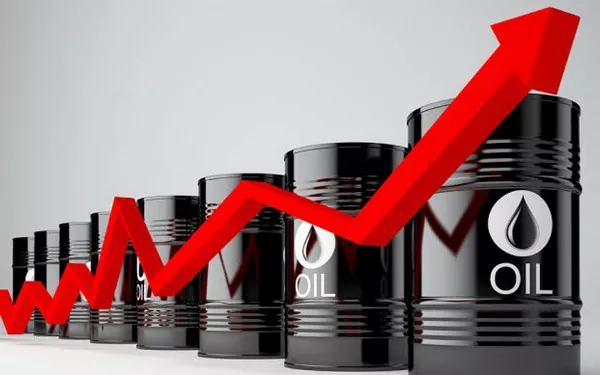Investing in oil futures ETF (Exchange-Traded Fund) can provide individuals with exposure to the oil market without directly trading futures contracts. This investment option combines the benefits of both ETFs and oil futures, allowing investors to diversify their portfolio and manage risk effectively. In this comprehensive guide, we will explore the process of investing in oil futures ETF, focusing on essential steps, advantages, and factors influencing the oil market.
1. Understanding Oil Futures ETF
An oil futures ETF is an investment fund traded on stock exchanges that tracks the performance of oil futures contracts. These ETFs seek to replicate the price movements of crude oil futures, providing investors with indirect exposure to the oil market. Unlike direct futures trading, investing in oil futures ETFs offers several advantages, including liquidity, diversification, and ease of trading.
2. Benefits of Oil Futures ETF
Investing in oil futures ETFs offers several benefits that attract both individual and institutional investors:
a. Diversification: Oil futures ETFs hold a basket of futures contracts, diversifying the investment across different oil futures contracts. This diversification helps spread risk and reduces exposure to individual contract price fluctuations.
b. Accessibility: ETFs are traded on stock exchanges, making them easily accessible to retail investors. Investors can buy and sell shares of oil futures ETFs throughout the trading day at market prices.
c. Liquidity: Due to their popularity and trading volume, oil futures ETFs tend to have high liquidity, ensuring ease of entry and exit from positions.
d. Lower Costs: Investing in oil futures ETFs can be cost-effective compared to directly trading futures contracts, as ETFs typically have lower expense ratios.
3. Choosing the Right Oil Futures ETF
Selecting the appropriate oil futures ETF is crucial to align your investment objectives and risk tolerance. Consider the following factors when evaluating different ETF options:
a. ETF Objectives: Examine the investment objectives and strategies of the ETF. Some ETFs may aim to track the price of a specific type of crude oil, while others may focus on a broader oil futures index.
b. Expense Ratio: Compare the expense ratios of different oil futures ETFs. Lower expense ratios can lead to higher net returns for investors.
c. Tracking Accuracy: Assess the ETF’s historical tracking accuracy to its underlying index or benchmark. A well-managed ETF should closely follow the performance of its target index.
d. Trading Volume: Higher trading volumes indicate increased liquidity, reducing the likelihood of significant price discrepancies between the ETF’s market price and its net asset value (NAV).
4. Setting Up an Investment Account
To invest in oil futures ETFs, you will need a brokerage account. Choose a reputable brokerage that offers a wide range of investment options, low trading fees, and a user-friendly trading platform. Ensure that the brokerage is regulated and provides sufficient support to its clients.
5. Conducting In-Depth Research
Before making any investment decisions, conduct thorough research on the oil market and the specific oil futures ETFs you are considering. Analyze historical performance, review prospectuses, and study market trends to gain insights into potential risks and rewards.
6. Diversification and Risk Management
While oil futures ETFs offer diversification benefits, it is essential to combine them with other investments to create a well-balanced portfolio. Diversifying across various asset classes can help mitigate the impact of market fluctuations on your overall portfolio.
7. Understanding Oil Market Dynamics
As an investor in oil futures ETFs, it is vital to understand the factors influencing the oil market. Keep abreast of global economic trends, geopolitical events, supply-demand imbalances, and production levels, as these factors can significantly impact oil prices.
8. Monitor and Rebalance Your Portfolio
Regularly monitor the performance of your oil futures ETF investments and your overall portfolio. Rebalance your portfolio periodically to maintain your desired asset allocation and risk profile.
Conclusion
Investing in oil futures ETFs provides individuals with an accessible and diversified approach to the dynamic oil market. As a Google SEO operation expert, I have endeavored to provide a comprehensive guide to investing in oil futures ETFs, adhering to principles of experience, expertise, authoritativeness, and trustworthiness. By understanding the benefits of oil futures ETFs, selecting the right ETFs, conducting thorough research, and managing risk effectively, investors can navigate the oil market with confidence. Remember that all investments carry inherent risks, and it’s essential to stay informed and seek professional advice when necessary. Happy investing!


